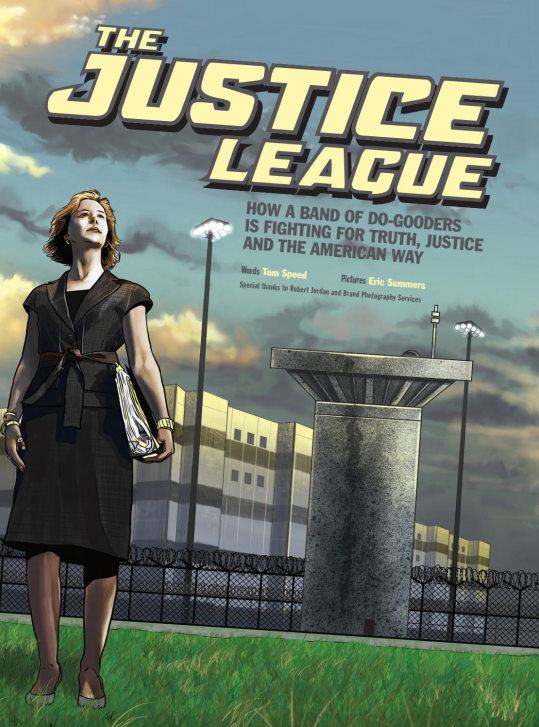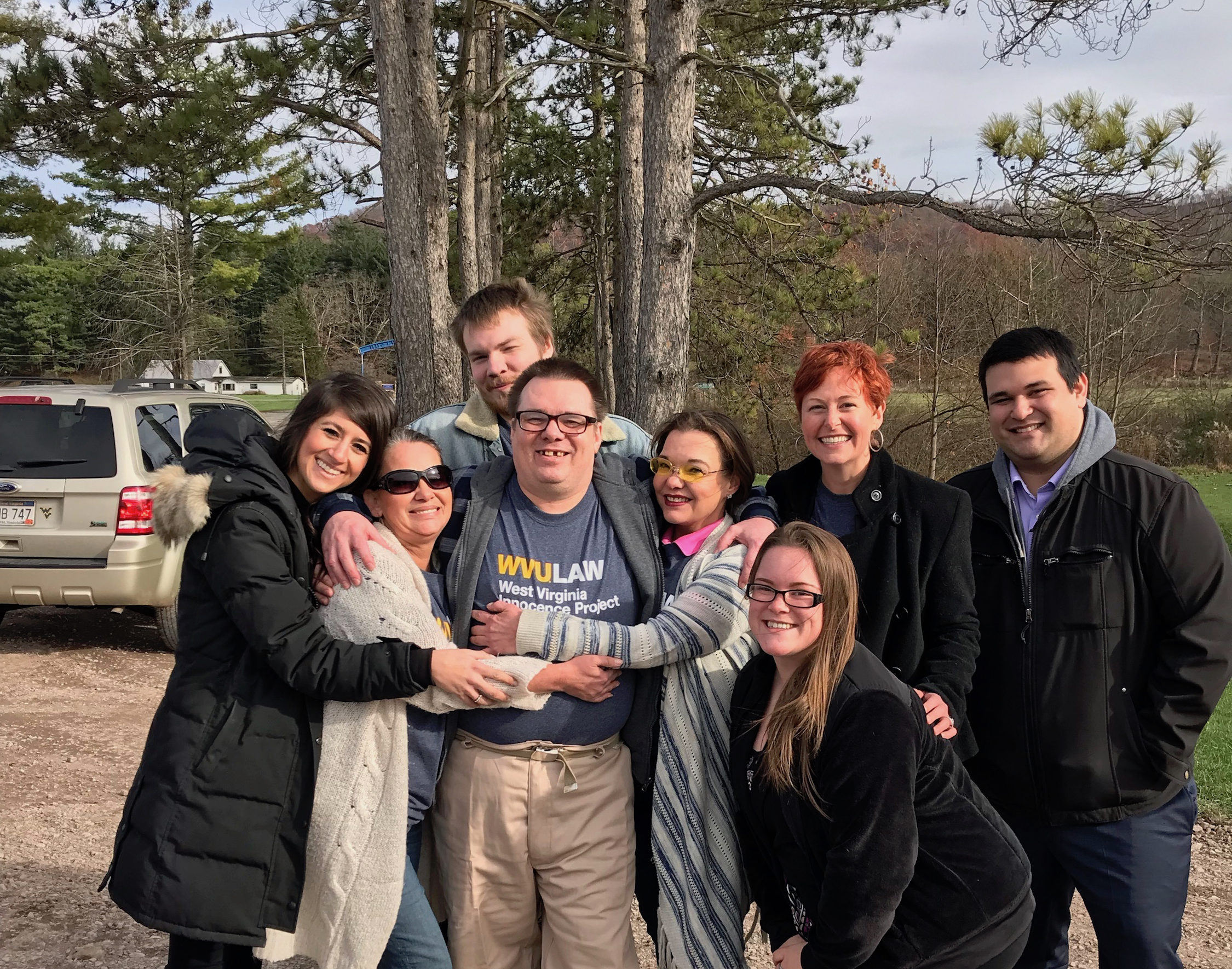Writ of Coram Nobis
Representing Orville Hutton, we re-established the writ of coram nobis in West Virginia as a post-conviction remedy. This laid a path for courts to consider wrongful convictions of individuals, even after they have served their time. This included future client Nathan Barnett.
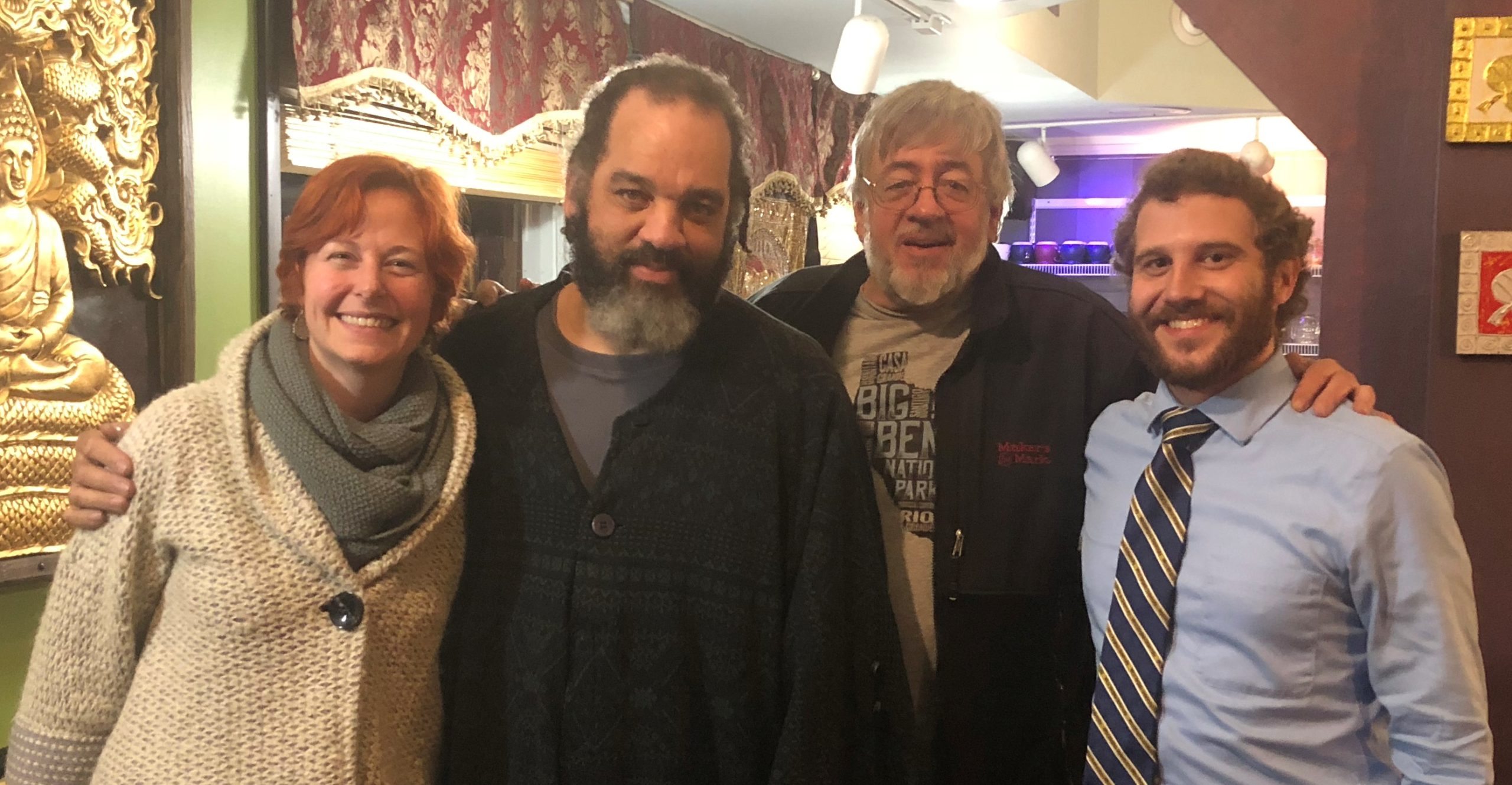
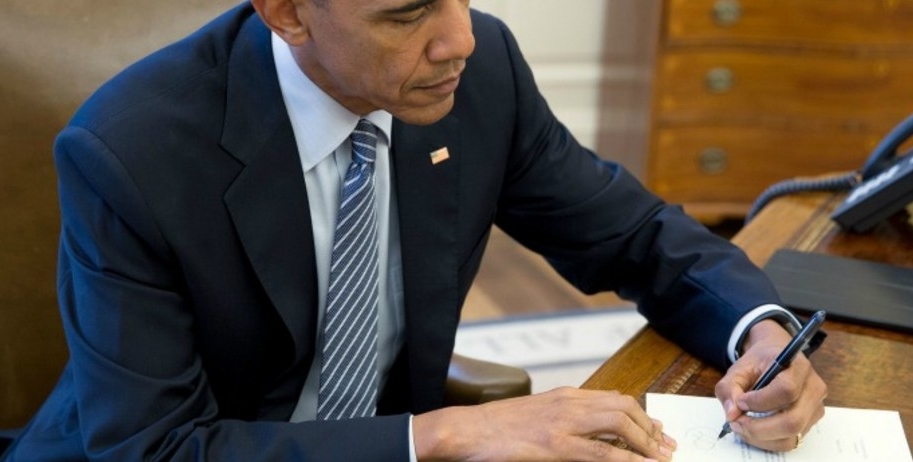
Presidential Grants of Clemency for Non-Violent Drug Offenses
In connection with Clemency Project 2016, we obtained presidential grants of clemency for four clients for non-violent drug offenses.
Faulty Forensic Science
Changed Science Writs are necessary to free people convicted based on faulty forensic science. Clients Tasha Shelby and Sam Anstey were wrongly convicted due to faulty forensic evidence - and now have no state habeas remedy that will address changes in science.
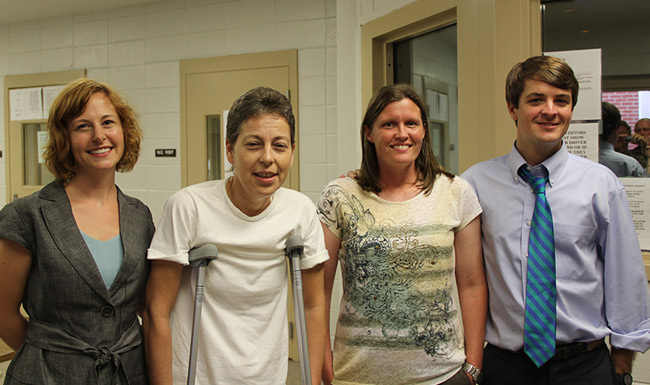
Manifesting Justice: Wrongly Convicted Women Reclaim Their Rights
Mississippi Innocence Project client Leigh Stubbs and co-defendant Tami Vance were wrongly convicted by bogus bite mark evidence and homophobia. LGBTQ+ individuals and people with marginalized genders are at risk of wrongful convictions because of bias against them.
Justice League: The Mississippi Innocence Project
I first learned the power of forensic evidence in Mississippi. As a staff attorney at the George C. Cochran Mississippi Innocence Project, I drafted legislation to make forensic evidence more reliable, and represented people convicted based on faulty forensic evidence.
